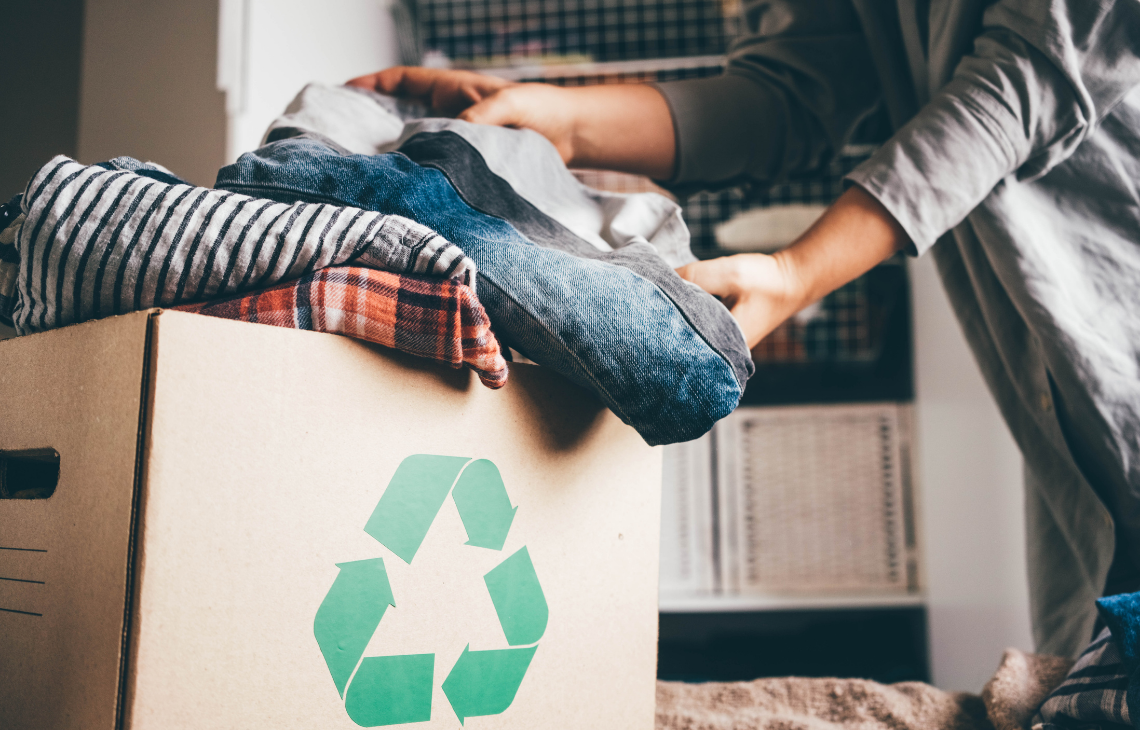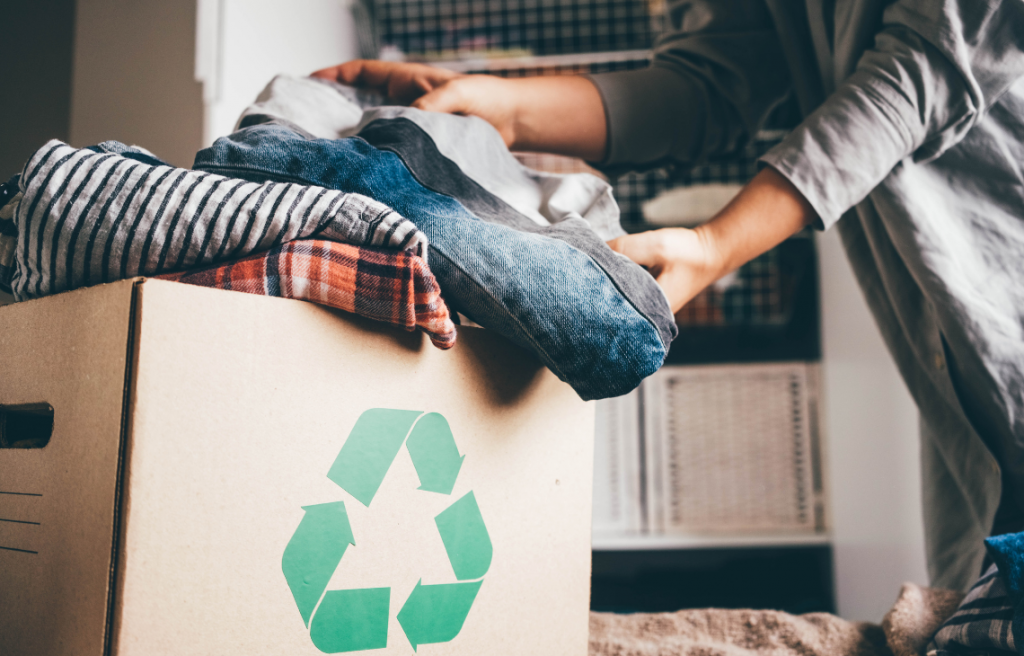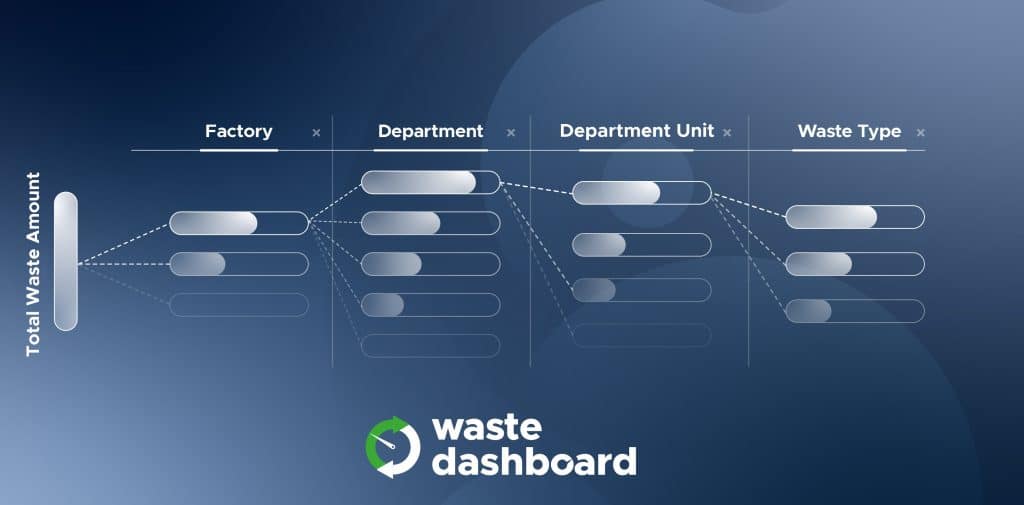Waste & material traceability solution for sustainable facilities

The textile industry faces an unprecedented environmental challenge. Every year, approximately 92 million tons of textile waste are generated globally, with the European Union contributing 16 million tons to this staggering figure. By 2030, this amount is projected to reach 148 million tons due to increasing consumption and shortened product lifecycles.
The scale of resource consumption is equally concerning. In 2020, EU households’ textile purchases required 175 million tons of primary raw materials for production. More alarmingly, textile production accounts for 10% of global greenhouse gas emissions, surpassing the combined emissions from aviation and maritime shipping. European textile consumption alone generated 121 million tons of CO2 equivalent emissions in 2020.

The European Union’s Waste Framework Directive establishes a clear hierarchy for waste management, prioritizing prevention first, followed by preparing materials for reuse, recycling fibers for new products, energy recovery, and finally environmentally safe disposal. Central to this framework is the extended producer responsibility principle, which places waste management responsibility on textile manufacturers throughout the product lifecycle.
To learn more about regulatory compliance, download our comprehensive e-book on Sustainable Textile Manufacturing
Evreka WasteDashboard addresses modern waste management challenges through comprehensive digital capabilities. The platform operates through an innovative QR code system that transforms traditional waste tracking into a streamlined, data-driven process. Real-time data collection enables instant monitoring of waste types, quantities, and sources across textile facilities.
The platform’s target-setting capabilities allow companies to define specific waste reduction goals based on waste type, machine operations, and facility locations. Performance tracking through customizable KPIs enables benchmarking across multiple locations, while facility mapping provides visual representations of waste collection points. The comprehensive traceability system tracks waste flows from generation through disposal, supporting regulatory compliance and net zero targets.

Turkey’s leading textile companies Zorluteks and Eren Textile have successfully implemented Evreka solutions to digitalize their waste management processes, achieving significant operational improvements and sustainability gains. These implementations demonstrate how technology can transform traditional waste management into strategic business advantages. Detailed information about these successful implementations is available through our comprehensive webinar.
The future of sustainable textile waste management integrates multiple innovative approaches including source-separated collection systems, extended producer responsibility programs, industry digitalization with smart technologies, enhanced social awareness campaigns, and advanced sorting technologies that recover value from previously unrecyclable waste streams.
Waste management in the textile sector represents both environmental responsibility and significant economic opportunity. Companies embracing comprehensive waste management strategies position themselves to reduce costs, create revenue streams, and build competitive advantages. Success requires maximizing material and energy recovery while minimizing landfill waste, ensuring optimal resource utilization for a sustainable textile industry.
Empower you waste management processes with digital traceability now. Discover how Evreka‘s WasteDashboard platform can help your textile facility achieve compliance and reduce waste costs.
Request a personalized demo today and see how digital traceability can transform your textile supply chain and manufacturing.